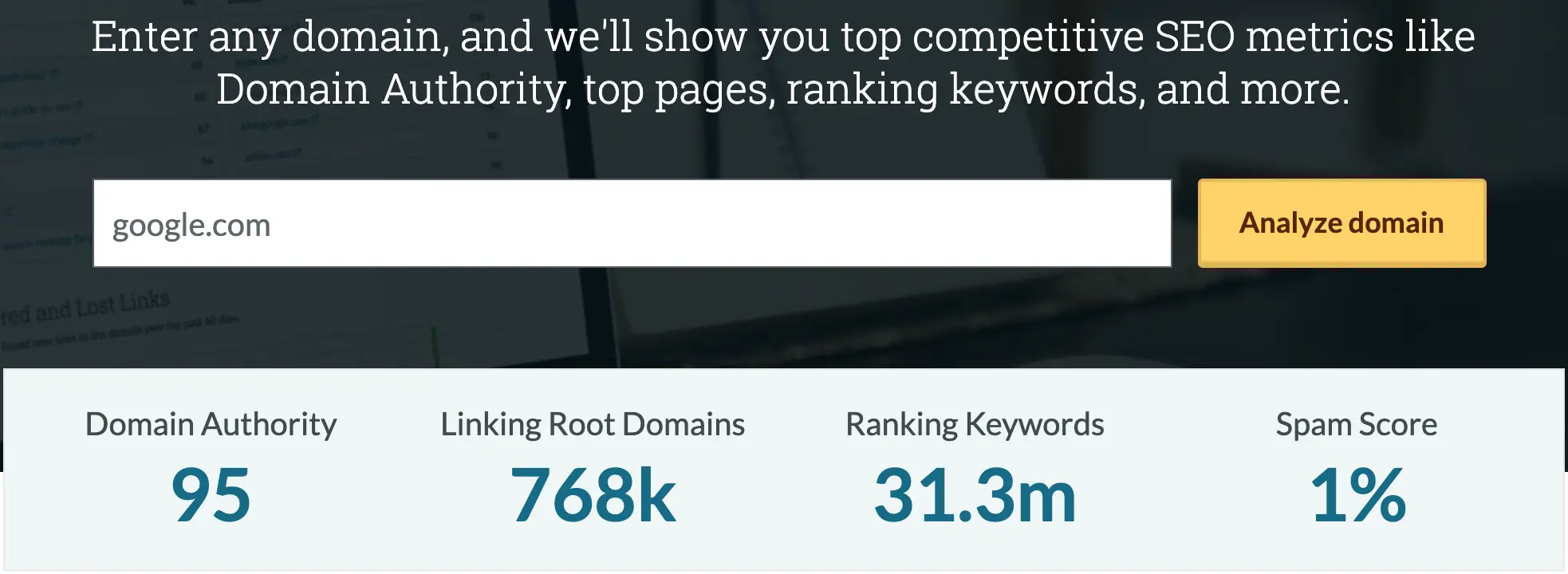Solicitors
Where to start with SEO as a solicitor?
When you think about marketing your legal services, Search Engine Optimisation (SEO) might not be the first thing that comes to mind. However, in today’s digital first world, a strong online presence can significantly boost your ability to attract clients. But where do you start? SEO can feel complex, but with a clear plan, you’ll find it manageable and rewarding.
This guide will walk you through the essential steps solicitors should take to improve their SEO and ensure their website works as hard as they do.

Why Does SEO Matter for Solicitors?
SEO helps your website rank higher in search engine results. When someone searches for terms like “family solicitor near me” or “property conveyancing services,” your goal is to appear as one of the top results. Why? Because studies show that most people click on one of the first three results on Google. If your website isn’t optimised, you might miss out on potential clients who are actively looking for your services.

Step 1: Define Your Target Audience
Before diving into SEO techniques, you should ask yourself: Who am I trying to reach?
Think about your ideal client. Are you focusing on individuals seeking family law advice? Businesses needing corporate legal services? Or maybe first time buyers requiring conveyancing? Defining your audience will help you identify the keywords they’re likely to use and the type of content they’ll find helpful.
Actionable Tip:
- Write down 5-10 specific client types and the services they are likely to search for. For example:
- “Divorce lawyer for mothers”
- “Will writing solicitor for retirees”
- “Employment law solicitor for small businesses”
These insights will guide every aspect of your SEO strategy.

Step 2: Conduct Keyword Research
Keyword research is the backbone of SEO. These are the words or phrases people type into search engines when they’re looking for legal services. As a solicitor, you’ll want to focus on long-tail keywords that are longer and more specific, such as “best divorce solicitor in Manchester” instead of just “solicitor.”
How to Find Keywords:
- Think Like a Client: What questions or problems do they have? For instance, “How to contest a will” might be a key search term.
- Use Free Tools: Tools like Google’s Keyword Planner, Ubersuggest, or AnswerThePublic can help you find related search terms and how often they’re used.
- Check Competitors: Look at what similar firms in your area rank for and see if you can target those keywords too.
Actionable Tip:
Make a list of 20-30 keywords. Include both service specific terms (“family law solicitor”) and location based terms (“London solicitor for property disputes”). You might also consider adding questions or phrases like “how much does a solicitor cost?” or “do I need a lawyer for probate?”

Step 3: Optimise Your Website
Now that you have your keywords, it’s time to integrate them into your website. But don’t just stuff them into every paragraph as Google’s algorithms are too smart for that. Instead, aim for natural and relevant placement.
Key Areas to Optimise:
- Titles and Headings: Every page on your site should have a clear, keyword rich title. For example, a page about will writing could be titled “Expert Will Writing Solicitors in Bristol.”
- Meta Descriptions: This is the short snippet that appears under your page title in search results. Use it to highlight what the page offers, such as “Get expert advice on will writing and estate planning from our Bristol based solicitors.”
- Content: Use your keywords naturally in blog posts, service pages, and FAQs. Aim to answer common questions clients might have.
- Alt Text: This is the description for images on your site. Search engines can’t “see” images, so using descriptive alt text like “Property solicitor drafting contracts in London” helps your SEO.
Actionable Tip:
Run your website through free tools like Google Search Console or Yoast SEO to identify areas that need improvement.

Step 4: Create Valuable Content
SEO isn’t just about keywords, it’s also about providing valuable content that solves problems or answers questions. A blog can be one of your most powerful tools for this. As a solicitor, you can write about topics that educate and inform potential clients while subtly showcasing your expertise.
Examples of Content Ideas:
- “What to Do After Receiving a Redundancy Notice”
- “5 Common Myths About Divorce Settlements”
- “How to Choose the Right Solicitor for Your Business”
Each blog post should target a specific keyword or question. For instance, a blog titled “Do I Need a Solicitor for Probate?” might rank well for searches related to that topic and attract clients looking for probate services.
Actionable Tip:
Aim to publish at least one blog post per month. Keep the tone conversational yet professional, and make sure your content is easy to read.

Step 5: Claim Your Google Business Profile
Local SEO is vital for solicitors, as most clients will want someone based near them. A Google Business Profile ensures your firm appears in local search results and on Google Maps.
Steps to Get Started:
- Visit Google Business Profile and claim your business listing.
- Fill in all the details: Name, address, phone number, opening hours, website, and services.
- Add high quality photos of your office or team.
- Encourage satisfied clients to leave positive reviews. Reviews can help boost your credibility and rankings.
Actionable Tip:
Ensure your name, address, and phone number (NAP) are consistent across all online platforms, including your website, directories, and social media. Inconsistent information can hurt your SEO.

Step 6: Build Backlinks
Backlinks are essentially links from other websites that point to yours, they are a critical factor in SEO. The more high quality websites that link to yours, the more search engines will trust your site.
Look at backlinks like a popularity contest, the more people talking about you the better Google will trust your information.
How to Build Backlinks:
- Local Directories: List your firm in directories like Yelp, Thomson Local, or legal specific ones like The Law Society.
- Guest Blogging: Offer to write articles for local news sites or industry blogs in exchange for a link to your site. (What Exactly Is Guest Posting & How Do You Use Them For SEO)
- Press Releases: If your firm has newsworthy updates, share them with local media or legal publications.
Actionable Tip:
Start small by getting listed on three local directories. Then, look for guest blogging opportunities or partnerships with complementary businesses (like accountants or estate agents).

Step 7: Monitor Your Progress
SEO isn’t a “set it and forget it” process, it requires regular monitoring and adjustments. Use tools like Google Analytics or Agency Analytics to track your site’s performance. Monitor how much traffic you’re getting, which pages are performing well, and which keywords are driving the most visitors.
Actionable Tip:
Set a reminder to review your SEO performance every month. Look for patterns and opportunities to improve underperforming pages or capitalise on trends.

The Road Ahead
SEO might feel overwhelming at first, but by taking small, consistent steps, you’ll start to see results. Remember, you don’t need to tackle everything at once. Start by understanding your audience, researching keywords, and optimising your website. Over time, as you create valuable content and build your online presence, your rankings will improve, and so will your ability to attract clients.
With effort and patience, SEO can become one of the most effective ways to grow your legal practice in a highly competitive market. Keep learning, keep adapting, and watch your online visibility and client list grow.



